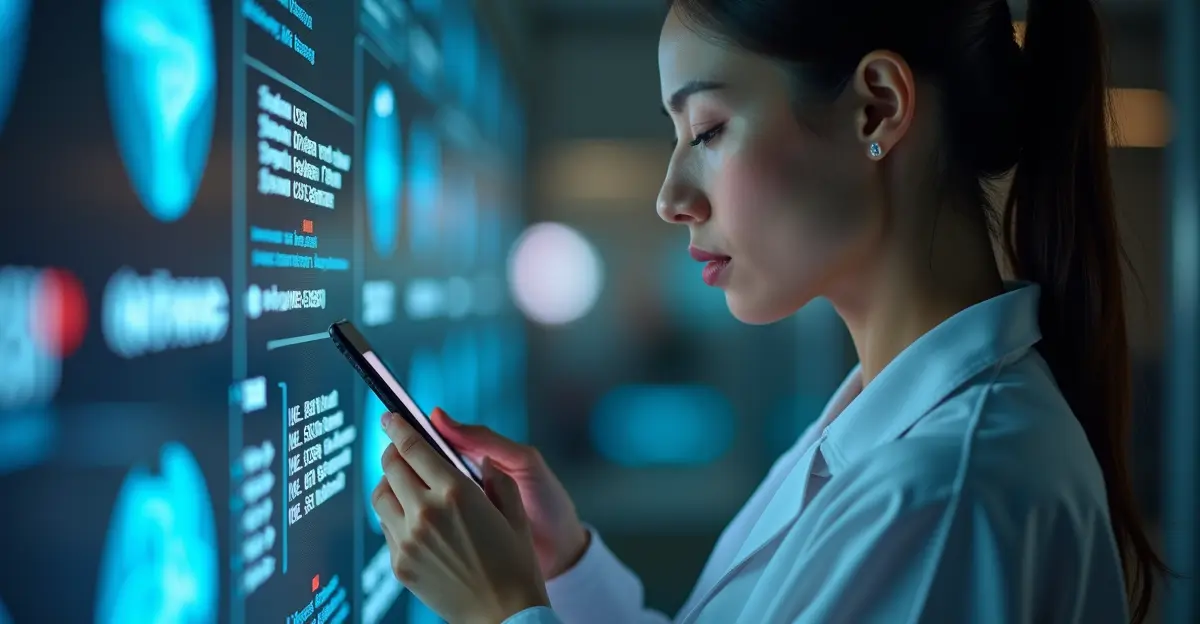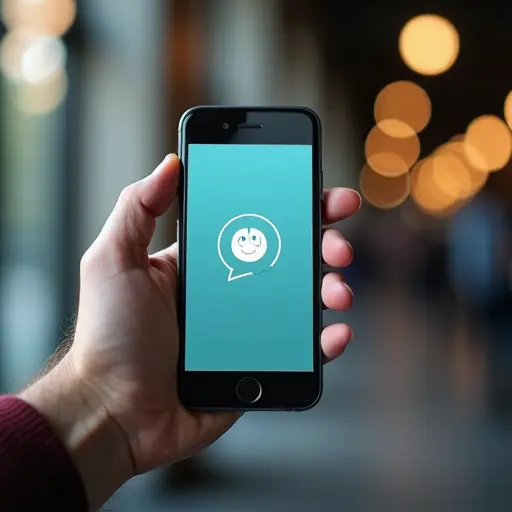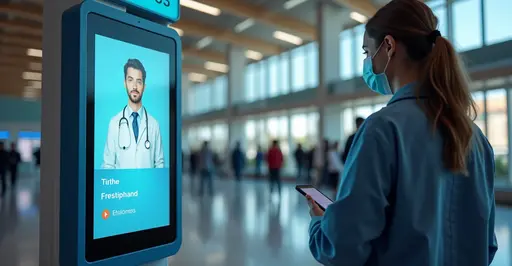
Revolutionary Voice-Based Diagnostics Transforming Healthcare
A new wave of health applications is gaining significant traction by using voice analysis to detect early signs of various medical conditions. These innovative apps analyze subtle changes in speech patterns, vocal characteristics, and linguistic patterns that can indicate underlying health issues long before traditional symptoms appear.
How Voice Analysis Technology Works
The technology behind these applications uses advanced artificial intelligence and machine learning algorithms to detect minute changes in voice characteristics. By analyzing factors such as pitch, tone, speech rate, articulation, and vocal quality, these systems can identify patterns associated with specific medical conditions.
Research has shown that certain neurological disorders, respiratory conditions, and mental health issues manifest through detectable changes in speech. For instance, Parkinson's disease often causes changes in vocal intensity and articulation, while depression can affect speech rhythm and emotional tone.
Key Applications and Conditions Detected
Current voice-based diagnostic apps are focusing on several major health areas:
- Neurological Disorders: Early detection of Parkinson's, Alzheimer's, and other neurodegenerative diseases through speech pattern analysis
- Mental Health: Monitoring depression, anxiety, and bipolar disorder through vocal emotional indicators
- Respiratory Conditions: Detecting asthma, COPD, and other lung diseases through breathing patterns during speech
- Cardiovascular Health: Identifying potential heart issues through voice stress analysis
Benefits and Advantages
The adoption of voice-based diagnostics offers several significant advantages over traditional medical approaches:
Early Detection: Many conditions can be identified months or even years before conventional symptoms become apparent, allowing for earlier intervention and better treatment outcomes.
Accessibility: These apps make healthcare monitoring available to people in remote areas or those with limited access to medical facilities.
Continuous Monitoring: Unlike periodic doctor visits, voice analysis can provide ongoing monitoring, tracking changes over time and alerting users to concerning patterns.
Non-Invasive: The technology requires only a smartphone and a few minutes of speech, making it completely non-invasive and easy to use.
Privacy and Ethical Considerations
As with any health technology that collects sensitive data, voice-based diagnostics raise important privacy concerns. Developers are implementing robust encryption and data protection measures to ensure user privacy. Most apps operate on an opt-in basis, with clear consent processes and transparent data usage policies.
Medical professionals emphasize that these tools should complement, not replace, traditional medical care. They serve as early warning systems rather than definitive diagnostic tools, and any concerning results should always be followed up with professional medical evaluation.
Future Developments
The field of voice-based health diagnostics is rapidly evolving, with researchers exploring new applications and improving accuracy. Future developments may include integration with electronic health records, more sophisticated AI algorithms, and expanded capabilities for detecting a wider range of conditions.
As technology continues to advance, voice analysis could become a standard component of routine health monitoring, helping millions of people worldwide detect health issues earlier and access treatment more quickly.

 Nederlands
Nederlands English
English Français
Français Deutsch
Deutsch Español
Español Português
Português







